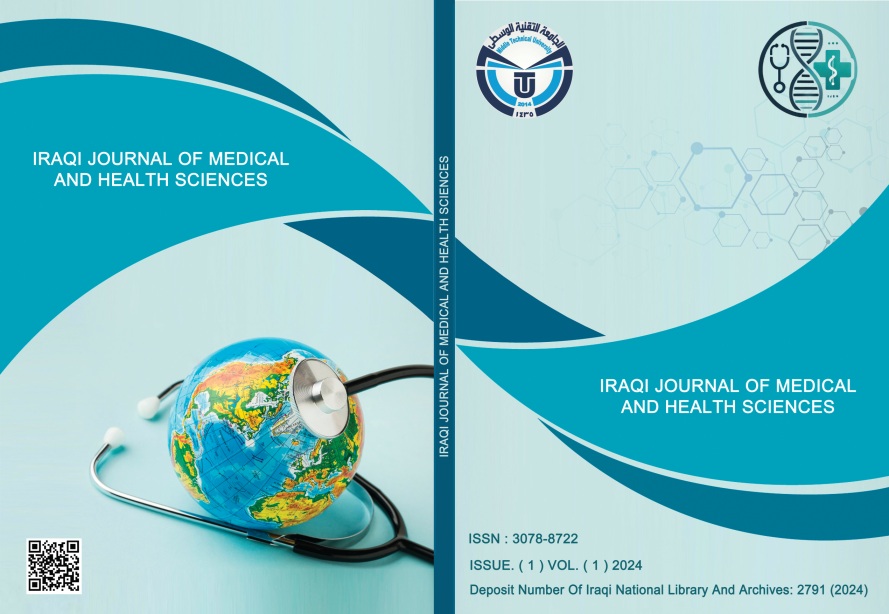Abstract
Background: Polyamide denture base material is a commonly used material in dentistry for making removable dentures. However, it is prone to fracture and requires repair. The traditional repair methods involve the use of acrylic resins, which can lead to a decrease in the tensile strength of the repaired material.
Objective of study: The goal of this study is to determine the tensile strength of polyamide denture base material that has been rebuilt using flexible material and various processing processes. (manual heating, reinjection and spruing).
Materials and Methods: A total of 50 samples were produced from a total of 50 acrylic resins for this study. Group one contains the positive control consisting of 10 specimens, and negative control group, which were tested for tensile strength 10 with fracture both 20 specimens without addition fusing material. three groups of 10 specimens for each were formed from the thirty specimens that had been repaired by manual heating, reinjection and spruing these groups were treated by surface Russian treatment (evidsum fusing material) after that sample preparation, curing and finishing and polishing process. The tensile strength specimens were tested by instron machine.
Results: The findings of the present study indicated highly significant differences among means of the tensile strength for different Russia's processing techniques. The highest mean value of Tensile Strength was (23.813 ± 3.390 mpa) for C1(control without repairing), and the lowest mean value was (5.657 ± 0.715 mpa), for C2(control with repairing).
Conclusion: The use of flexible material and processing techniques has a significant impact on the tensile strength of repaired polyamide denture base material. The incorporation of flexible materials such as thermoplastic nylon can improve the flexibility and fracture resistance of the repaired denture base. Additionally, re-injection nylon repair (RiNR) processing technique promotes the adhesion and highest value of tensile strength.
Objective of study: The goal of this study is to determine the tensile strength of polyamide denture base material that has been rebuilt using flexible material and various processing processes. (manual heating, reinjection and spruing).
Materials and Methods: A total of 50 samples were produced from a total of 50 acrylic resins for this study. Group one contains the positive control consisting of 10 specimens, and negative control group, which were tested for tensile strength 10 with fracture both 20 specimens without addition fusing material. three groups of 10 specimens for each were formed from the thirty specimens that had been repaired by manual heating, reinjection and spruing these groups were treated by surface Russian treatment (evidsum fusing material) after that sample preparation, curing and finishing and polishing process. The tensile strength specimens were tested by instron machine.
Results: The findings of the present study indicated highly significant differences among means of the tensile strength for different Russia's processing techniques. The highest mean value of Tensile Strength was (23.813 ± 3.390 mpa) for C1(control without repairing), and the lowest mean value was (5.657 ± 0.715 mpa), for C2(control with repairing).
Conclusion: The use of flexible material and processing techniques has a significant impact on the tensile strength of repaired polyamide denture base material. The incorporation of flexible materials such as thermoplastic nylon can improve the flexibility and fracture resistance of the repaired denture base. Additionally, re-injection nylon repair (RiNR) processing technique promotes the adhesion and highest value of tensile strength.
Keywords
Flexible Material; Tensile Strength; Repair; Polyamide Denture.
